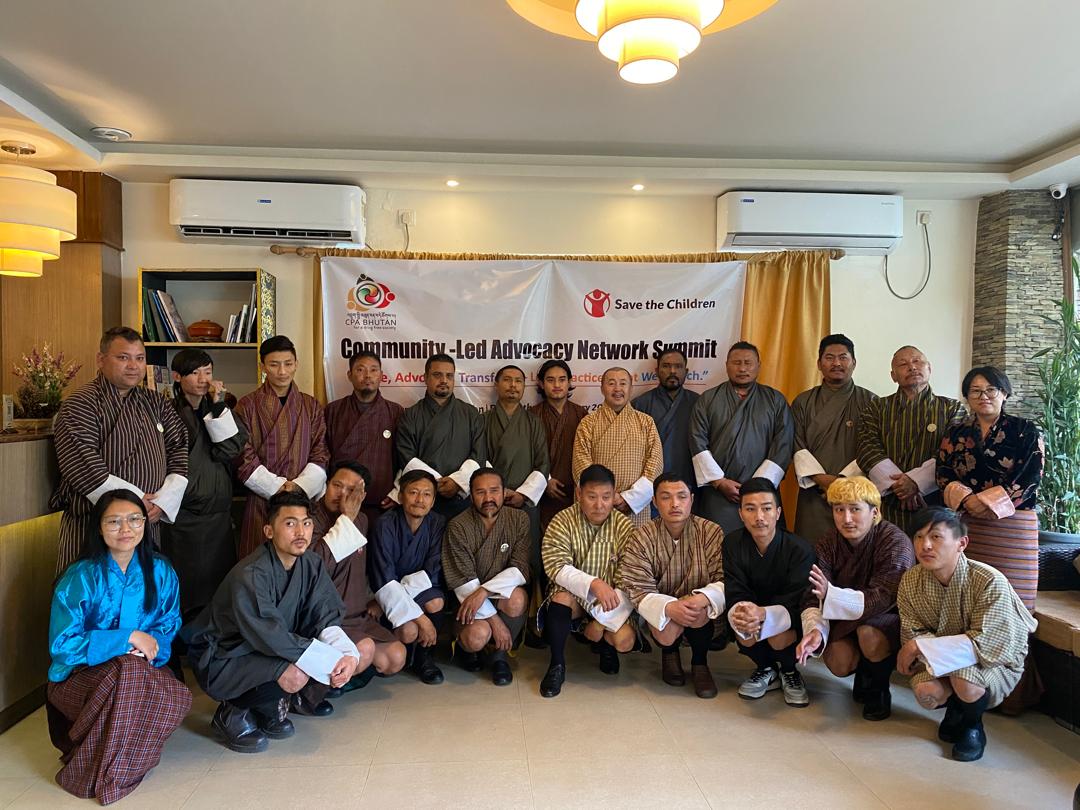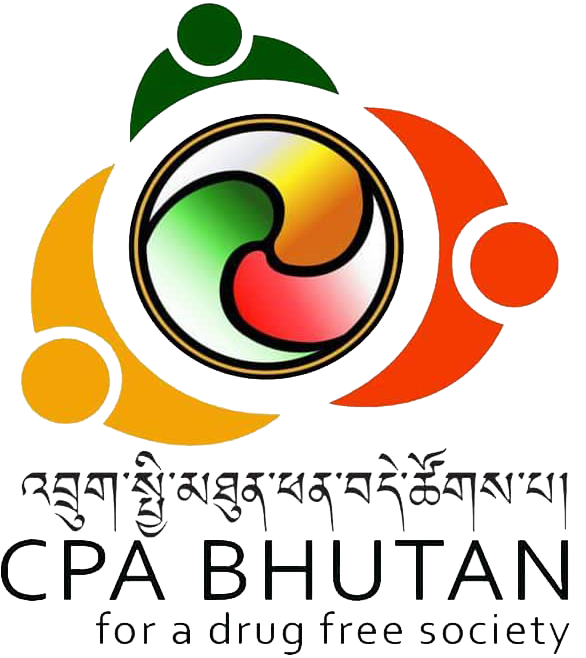CLAN Summit 2025: Advocating for Compassionate Solutions to Address Drug Issues

During the two-day Community-Led Advocacy Network (CLAN) Summit 2025, held in Phuentsholing, participants highlighted how punitive policies have fueled fear and isolation among individuals struggling with addiction.
Organized by Chithuen Phendhey Association with support from Save the Children Bhutan, the summit concluded on January 10 and was attended by 25 representatives from seven districts, all with lived experiences of substance use disorder (SUD).
Participants voiced concerns that the current legal approach is perpetuating a cycle of crime and addiction rather than reducing drug abuse. “The strict laws are not helping us. They are only making us more afraid and isolated. We need support, not punishment,” said Pema Dorji, a representative from Gelephu.
Despite stricter enforcement, drug-related issues remain high. Between 2018 and 2023, 9,552 drug abuse cases were recorded, with 1,512 cases reported last year alone—only a slight decrease of 59 cases from the previous year. The Office of the Attorney General (OAG) also reported a staggering 214 percent increase in drug-related cases compared to the previous year, reinforcing the argument that punitive measures alone are ineffective.
The summit marked the formal organization of Recovery Allies for Bhutan (RAB Bhutan), a collective of individuals advocating for a shift from punitive measures to a compassionate, evidence-based approach prioritizing health-centered solutions.
Participants emphasized the need to involve individuals with lived experiences in policy-making and program design to create more practical and effective interventions. Systemic barriers, such as requiring individuals caught for drug use to attend SUD classes in distant districts, were also highlighted as unnecessary burdens that exacerbate mental distress and financial strain.
The summit identified critical gaps in Bhutan’s drug policies and systems, particularly the absence of a holistic approach that addresses social, economic, and psychological factors—such as unemployment, lack of education, and mental health challenges—that contribute to substance use.
Representatives from Thimphu, Paro, and the southern border towns reported a significant rise in heroin (brown sugar) use, signaling a shift from previous trends involving Spasmo-Proxyvon and marijuana. Concerns were raised over the lack of an effective demand reduction strategy for these emerging substances, leaving communities vulnerable.
The summit also highlighted the recent heroin bust at Paro Airport and the growing threat of Bhutan being targeted by international drug networks. “Our authorities are unaware of these ground realities, and our health workers and relevant personnel are unprepared to handle it. Soon, we could face a heroin epidemic, and our communities will suffer. We need urgent action,” said Tshering Wangchuk, a representative from Samdrupjongkhar.
Participants put forth key recommendations, including:
- Training health workers on overdose prevention and ensuring the availability of Naloxone.
- Expanding rehabilitation services beyond Thimphu to make them more accessible and user-friendly.
- Enhancing community-based programs to provide aftercare and reintegration support.
- Strengthening collaboration between policymakers, civil society organizations, and individuals with lived experiences.
“There are huge service gaps and delays. All services are centralized in Thimphu and are not user-friendly,” said a representative from Thimphu. “It is clear that there are no aftercare or social reintegration services.”
The recommendations from the summit will be submitted to the government and relevant agencies, urging an urgent shift toward a compassionate and health-focused drug policy that prioritizes treatment and recovery over punishment.
Recent Post

